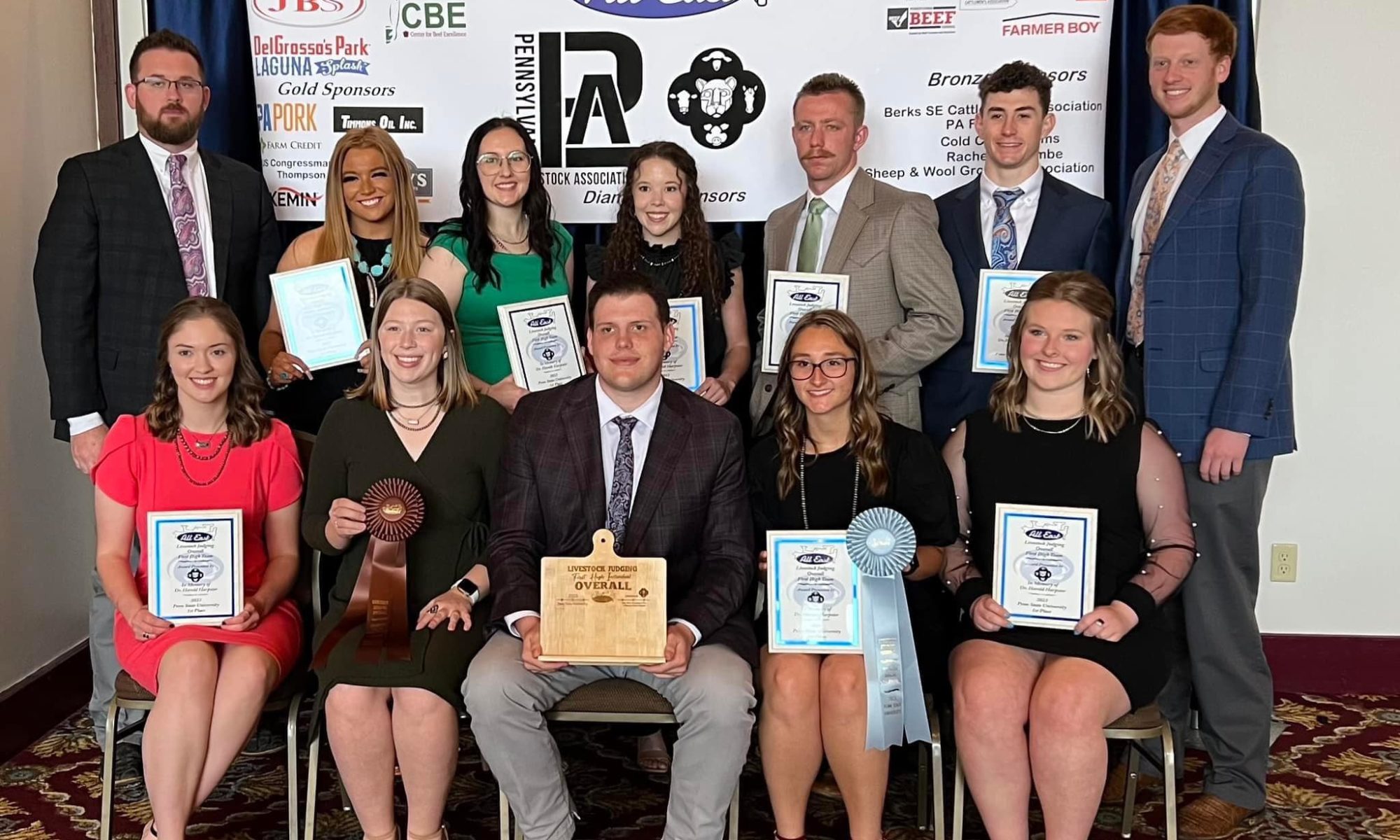
“Livestock judging is one of the most mentally physical activities that I’ve ever done,” said Taylor Langford, livestock judging coordinator in the Department of Animal Science at the University of Tennessee.
Along with traveling hundreds of miles every year to different competitions, livestock judging itself involves evaluating farm animals based on industry standards. The animals range from beef cattle to sheep, goats, and hogs.
During the competition, students have fifteen minutes to place a set or “class” of animals from best to worst. They must then deliver a set of oral reasons in front of a judge in defense of why they placed the order as they did. In most collegiate competitions, students must judge twelve classes of animals and give eight sets of reasons.
From the grueling schedule to presenting your placings, being mentally tough is the key to livestock judging. “Being able to go in there, be confident in yourself, and use critical thinking skills to get a correct placing of animals, and then to sound polished and proper when you’re giving a set of reasons is very tough and it’s unique,” said Langford.
The UT Livestock Judging team traveled to twenty states to compete and train for livestock judging in just under four months. Their hard work paid off in April 2023, when UT placed High Team Overall and High Team Sheep Overall, along with second High Team Swine Overall and fifth High Team Cattle Overall at the All-East Judging Competition in State College, Pennsylvania. The contest lasted three days and required students to complete a test with ninety questions in addition to placing classes and giving eight sets of oral reasons. This was the first time that Tennessee won this competition!
“It’s a long and very tough contest to go in and win, in my opinion. You have to be good at everything and you have to be very well-rounded,” said Langford. “This crew has come in and has worked hard. That’s been a nice thing for me being a new coach here at Tennessee.”
The one thing that Langford requires of his team is the desire to learn and work. While the livestock judging team consists of a wide array of experience and disciplines, Langford said he pays less attention to a student’s major and focuses more on those willing to put in the effort and work hard.
Langford believes there’s immeasurable value in livestock judging for students. In addition to learning the common concepts of how food, animal, and agricultural systems work, livestock judging also teaches students skills in teamwork and critical thinking. In fact, Langford said that students often come out of judging with a full-time career or a place in professional school.
Langford anticipates a bright future for UT’s Livestock Judging Team with this year’s numbers potentially increasing to thirteen or fourteen members. To join, Langford said you must show your interest and dedication to the team. He also recommends that students wait until their junior or senior year after they’ve completed their general education requirements and have more time to practice.
“One thing we focus on pretty hardcore is academics. . . . We are trying to make sure that [students] are being active in the community, active on campus, active in the classroom, and making an impact outside of just judging.”
Over the 2022-2023 academic school year, Langford not only coached the UT Livestock Judging Team, but he also served as co-advisor for the Block and Bridle organization. He encourages students with any major to get involved. “We want students to join that have an interest in agriculture and want an opportunity to meet new people and be a part of something bigger than just being a student.”
For more information on joining the UT Livestock Judging Team or Block and Bridle, contact Taylor Langford at tlango4@utk.edu.
